Best Guide: Why Scale Inhibitors Are Essential in RO Systems| Insights by AQUALITEK
Learn why scale inhibitors are crucial in reverse osmosis (RO) systems, how they prevent scaling, extend membrane lifespan, and improve system efficiency. Understand their working principles, types, and correct dosing methods for industrial water treatment applications.
Why Add Scale Inhibitors to an RO System?
1. Introduction
In industrial reverse osmosis (RO) systems, one of the most common operational issues is scaling—the crystallization of sparingly soluble salts such as calcium carbonate, calcium sulfate, and barium sulfate on the membrane surface. Scaling not only reduces water permeability and increases operating pressure but also leads to irreversible membrane damage.
To address this, scale inhibitors (also known as antiscalants) are added to the feed water to control salt precipitation and maintain stable RO performance.
2. The Role of Scale Inhibitors
Scale inhibitors are specialized chemical agents that delay or prevent the crystallization and deposition of scale-forming compounds in the RO membrane module. Their functions include:
•Reducing nucleation: Preventing the formation of micro-crystals of scale salts.
•Distorting crystal growth: Modifying crystal structure so that formed particles remain suspended rather than adhering to the membrane.
•Dispersing particles: Keeping insoluble compounds dispersed in water flow to be flushed out.
Through these actions, scale inhibitors effectively maintain consistent permeate flux, lower operating pressure, and prolong membrane service life.
3. Common Types of Scale Inhibitors
Different water qualities require different types of scale inhibitors, including:
•Phosphonate-based inhibitors: Effective for calcium carbonate and calcium sulfate control.
•Polyacrylate and copolymer inhibitors: Enhance dispersion and prevent silica scaling.
•Organophosphorus blends: Provide broad-spectrum inhibition and stability under high pH and temperature.
Selection depends on feed water composition, recovery rate, and target scaling compounds.
4. Mechanism of Action
The effectiveness of a scale inhibitor depends on its interaction with dissolved ions.
Key mechanisms include:
•Threshold inhibition: Even at very low concentrations (a few ppm), inhibitors can prevent scale formation far beyond stoichiometric ratios.
•Crystal modification: Distorted crystals become less adherent and easier to flush.
•Dispersion: Negatively charged polymer chains repel suspended solids, reducing particle aggregation.
This allows RO systems to operate at higher recovery rates without the risk of scaling.
5. Benefits of Using Scale Inhibitors
•Improved RO efficiency: Maintains high flux and stable permeate quality.
•Extended membrane life: Reduces cleaning frequency and replacement costs.
•Reduced energy consumption: Prevents pressure buildup caused by scaling.
•Enhanced water recovery: Enables higher recovery rates without compromising performance.
6. Proper Dosing and Control
For effective performance, scale inhibitors must be dosed precisely using a metering pump based on feed water analysis and system recovery ratio.
Key guidelines include:
•Regularly monitor feed water chemistry (especially Ca²⁺, SO₄²⁻, and HCO₃⁻).
•Avoid overdosing, which can cause organic fouling.
•Maintain consistent dosing before the cartridge filter to ensure uniform distribution.
7. Conclusion
Adding scale inhibitors to an RO system is not optional—it’s an essential step for long-term operational stability. By preventing scale formation, they significantly reduce maintenance costs, energy consumption, and membrane degradation, ensuring optimal system performance and reliability in industrial applications.




Request More Information or Expert Advice
Share a few details, and we’ll provide deeper insights, tailored suggestions, or product support.

Our 500 LPH Reverse Osmosis (RO) System is engineered to provide high-quality purified water for commercial applications. Designed with advanced RO technology, durable components, and a user-friendly interface, this system ensures consistent performance, low maintenance, and long-term reliability.
With its compact design and robust skid-mounted frame, it’s an excellent choice for businesses that demand efficiency and quality in water purification.

TWV series Reverse Osmosis (RO) systems are pre-engineered and pre-assembled units with 2.5”/4” membrane housings(single element type)for tap water(lower TDS).They are designed for overall superior performance, high recovery rates and offer great savings with low maintenance and operation costs.

TWF series Reverse Osmosis (RO) systems are pre-engineered and pre-assembled units with 4” membrane housings(multiple elements type) for tap water(lower TDS) .The medium large volumes can help meet your a variety of commercial and industrial applications. They are designed for overall superior performance, high recovery rates and offer great savings with low maintenance and operation costs.

TWE series Reverse Osmosis (RO) systems are pre-engineered and pre-assembled units with 8” membrane housings for tap water (lower TDS). The large volumes can help meet your a variety of industrial applications. They are designed for overall superior performance, high recovery rates and offer great savings with low maintenance and operation costs.
© 2026 AQUALITEK. All rights reserved.

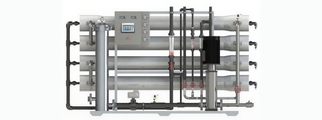
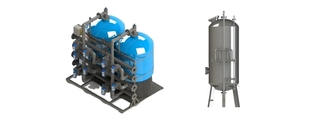
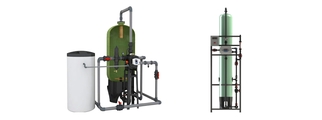
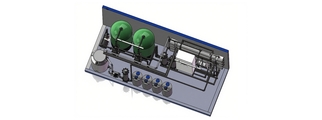
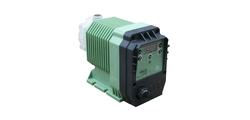
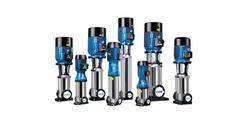
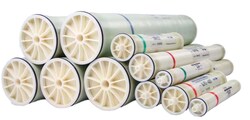
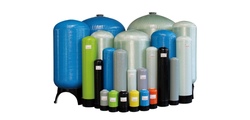
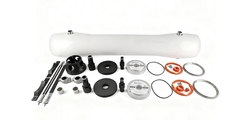
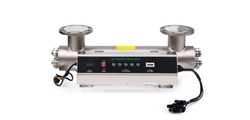
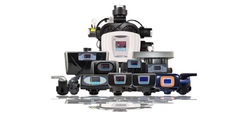
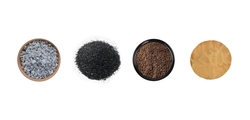
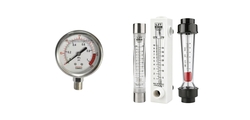
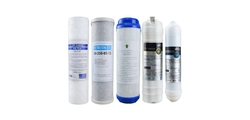
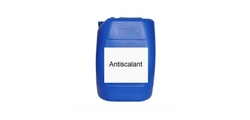
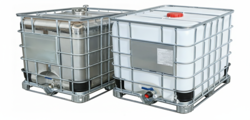




AQUALITEK- Aimee Hoo
AQUALITEK - Aimee Hoo